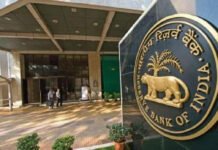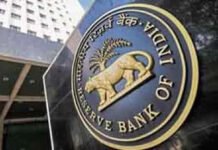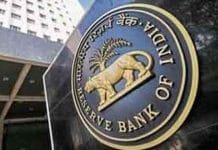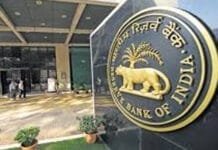The Reserve Bank of India (RBI) Governor, Shaktikanta Das, has projected a robust growth trajectory for the Indian economy in the fiscal year 2024-25. This optimistic outlook comes on the heels of a solid performance in the previous financial year, bolstered by a resilient economic foundation.
Optimistic Growth Projections
Governor Das expressed confidence that India’s economic growth will surpass earlier estimates, with the GDP expected to expand by 7.3 percent in the first quarter of FY 2025. This forecast reflects a promising start to the fiscal year, driven by various factors contributing to economic resilience.
Rural Sector Dynamics
One of the key drivers behind the optimistic outlook is the improving rural demand, fueled by robust growth in the agricultural sector. Governor Das highlighted the significant impact of favorable monsoon forecasts by the India Meteorological Department, predicting an above-normal monsoon. This prediction bodes well for the kharif crop production, expected to bolster rural incomes and consumption.
Revised GDP Projections
In a recent announcement on June 7, 2024, the RBI revised its real GDP growth forecast for FY 2024-25 upwards from 7 percent to 7.2 percent. This upward revision underscores the central bank’s confidence in sustained economic momentum throughout the fiscal year. The quarterly GDP growth rates are projected at 7.3 percent for Q1, 7.2 percent for Q2, 7.3 percent for Q3, and 7.2 percent for Q4, reflecting a consistent growth pattern across the year.
Key Economic Indicators
Governor Das emphasized several key economic indicators contributing to the optimistic outlook:
Inflation and Price Stability
Maintaining price stability remains a priority for the RBI, with inflation expected to be within the target range. This stability is crucial for fostering a conducive economic environment, supporting sustained growth without undue inflationary pressures.
Monetary Policy Measures
The RBI continues to implement proactive monetary policy measures to support economic growth while ensuring financial stability. Governor Das highlighted the importance of these measures in facilitating credit flow to productive sectors, thereby stimulating investment and consumption.
Global Economic Environment
Despite global economic uncertainties, India’s economic fundamentals remain strong, supported by resilient domestic demand and strategic policy interventions. Governor Das reiterated the importance of monitoring global developments while leveraging India’s inherent strengths to navigate external challenges effectively.
Sectoral Analysis
A sectoral analysis reveals robust performance across various segments:
Services Sector
The services sector, a significant contributor to India’s GDP, is poised for steady growth supported by increasing domestic and international demand. Key sub-sectors such as information technology, financial services, and healthcare are expected to drive overall sectoral expansion.
Manufacturing Sector
The manufacturing sector is witnessing a gradual recovery, bolstered by initiatives aimed at enhancing competitiveness and promoting domestic production. Strategic reforms and incentives are set to further bolster manufacturing output and employment generation.
Agricultural Sector
The agricultural sector’s resilience remains a cornerstone of India’s economic stability, with sustained growth expected in both crop production and allied activities. Favorable monsoon forecasts are likely to enhance agricultural productivity, supporting rural incomes and consumption.












